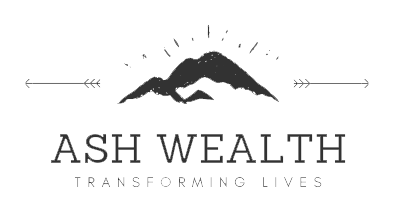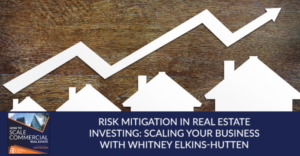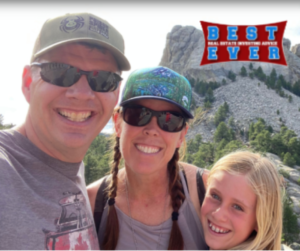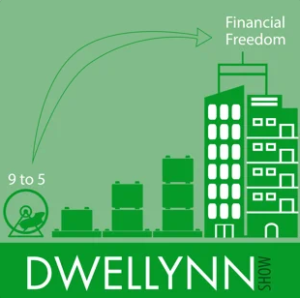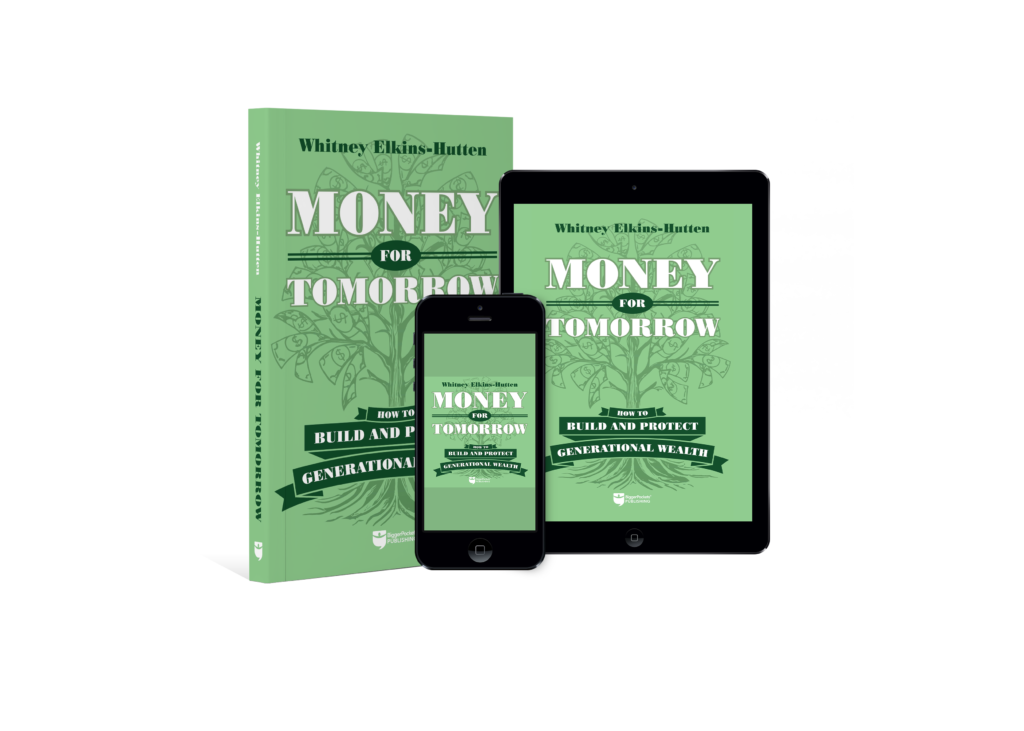As a new investor, one of the biggest questions you’ll have to ask yourself is, “What market should I invest in?”
Sure, it’s tempting to invest in your area because you’re more familiar with it, but if it’s your first time as a landlord it may be hard to identify if the cards are stacked against you. Real estate is illiquid and immovable, which means that you have to be super sure about making the right decision.
This blog post is going to help you identify a market to invest in, and is filled with the kind of advice you’ll need to make sure you’re investing in a place that will benefit you as a landlord. Let’s take a look!
Variables To Consider
Whenever I start researching a market or submarket to invest in, these are the things that I consider:
- Population growth
- Job growth
- Job diversity
- Income growth
- Housing prices and value growth
- Rent increases
- Poverty decline
- Vacancy stabilization or decline
- Tax rates
Even though on paper it’s true that you can invest anywhere, I like to choose areas where there are as many cards stacked in my favor as possible—giving me the highest possible chance of success, so to speak. In addition to all those variables, I also consider if the area is tenant-friendly or landlord-friendly.
What do I mean by that? Let me explain with an example.
When you sign the lease with a tenant, you are giving them control of a high-dollar asset for the duration of the least. Therefore, I want to know that, as the property owner and possible debt holder, I have legal recourse to take back control of the property should major issues arise and be compensated if there are damages. However, property issues are handled differently between landlords and tenants in nearly every state.
With all that in mind, it’s easy to see why I would prefer to invest in an area where I call the shots on how my investment is run. Now that you know this, you probably agree with me too.
So, how do you know if an area is tenant-friendly or landlord-friendly? Keep reading.
How To Do The Research
Right off the bat, I can tell you that this kind of research isn’t as easy as you think. There’s no hard and fast list that you cross-reference to find out a state’s rules. State laws cover many aspects of the landlord-tenant relationship, from security deposits to landlord access to rental property. Below is a list of resources to read through regarding your state of choice.
- Landlord-Tenant Statutes, State-by-State
This is the chart you need if you’re trying to find your state’s landlord-tenant laws.
- Chart: Deadline for Returning Security Deposits, State-by-State
State deadlines for itemizing and returning tenants’ security deposits.
- Chart: Security Deposit Limits, State-by-State
Learn how much security deposit a landlord can charge in your state.
- State Laws on Landlord’s Access to Rental Property
State rules on when and how landlords may enter tenant rental units.
- 50-State Chart of Small Claims Court Dollar Limits
Find the small claims court dollar limits for any state.
- State Laws on Unconditional Quit Terminations
State rules on when a landlord can order a tenant to move out on short notice.
- State Laws on Handling Abandoned Property
Where to find your state’s landlord-tenant laws on abandoned property.
- State Laws on Termination for Violation of Lease
Learn the time limits required before a landlord may evict a tenant for violating a lease.
- State Laws on Landlord’s Duty to Rerent When a Tenant Breaks a Lease
If you break a lease early, you might need to pay rent through the end of the lease term. Find out if your state requires landlords to try to find a new tenant.
I know what you’re thinking after reading this list—how am I going to analyze all this data? Don’t worry! That’s why I’m here. Let me make it easier for you.
There is a simple chart on RentCafe.com that rates states based on an index of which are landlord-friendly and which ones are tenant-friendly according to their aggregated index pre-COVID.
Keep in mind local laws are changing right now with COVID-19, so be sure to do your research (case in point, CA, WA, and NY have all passed highly favorable tenant laws during this time)!
Landlord-Friendly States
- West Virginia
- Arkansas
- Louisiana
- North Carolina
- Alabama
- Mississippi
- Wyoming
- Idaho
- Ohio
Tenant-Friendly States
- Vermont
- Delaware
- Rhode Island
- Maine
- South Dakota
- Kansas
- Arizona
- Nevada
- Oregon
Once you have determined the overall sentiment of the state, look up local policy to understand if the local market has additional laws, bill of rights, or healthy home programs that you as the landlord will need to be familiar with.
The presence of local laws and programs does not mean you can’t invest in the area, you just need to know how they work and how it could impact your investment.
The Bottom Line
Though great investments can be found and made anywhere in the United States, deciding where to invest based on how the law of the land treats landlords is just another way to protect your “ass”ets.
How do you protect your investment while maintaining good tenant relationships?
Let us know in the comments.
Click here to view the original post.
Remember, you are just one deal away…
Whitney
